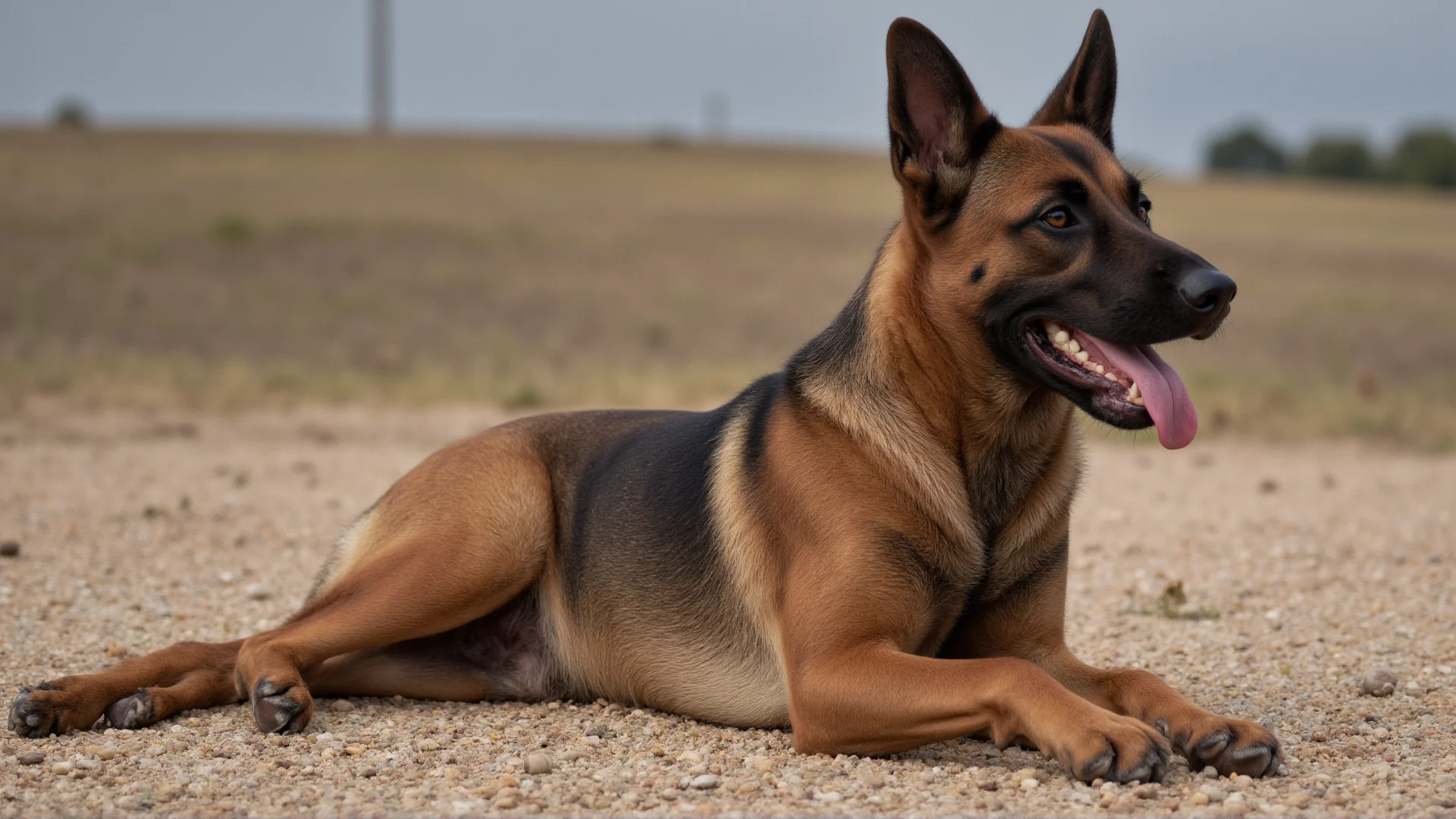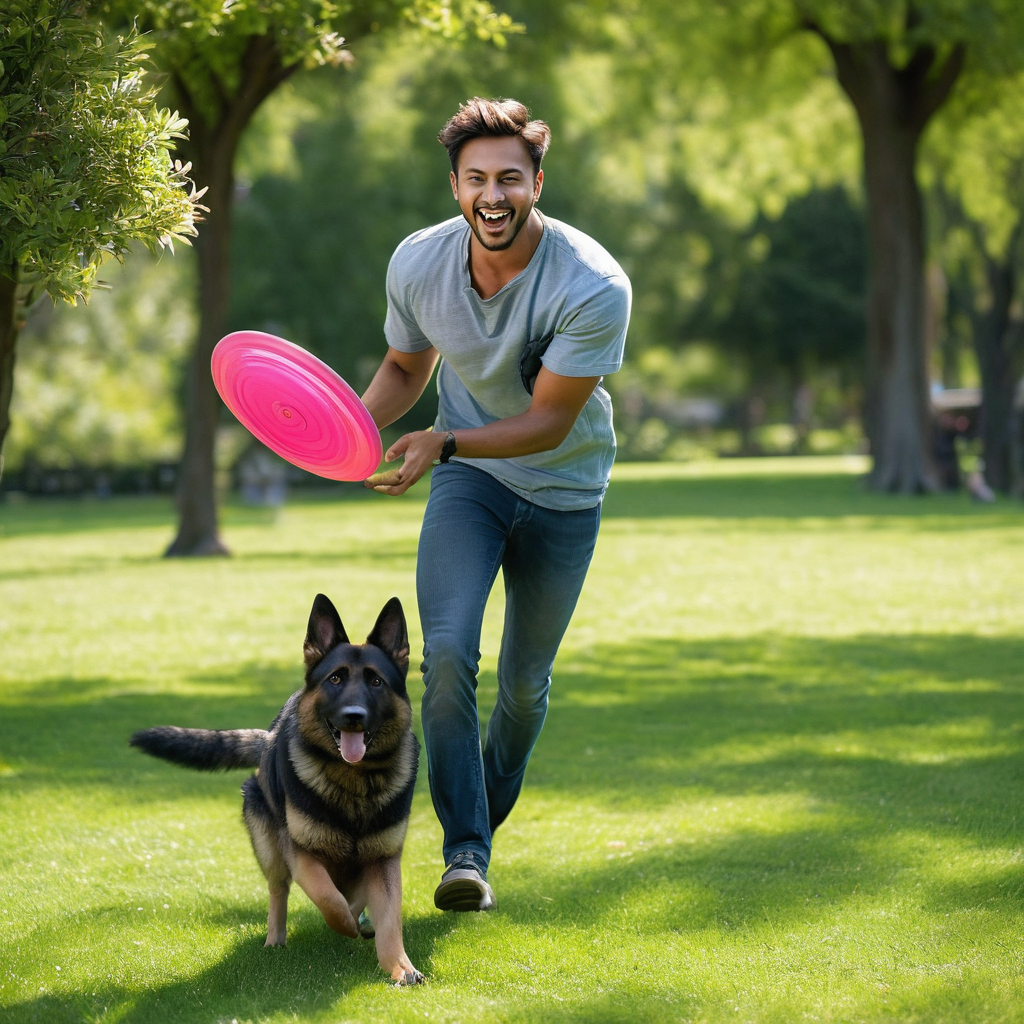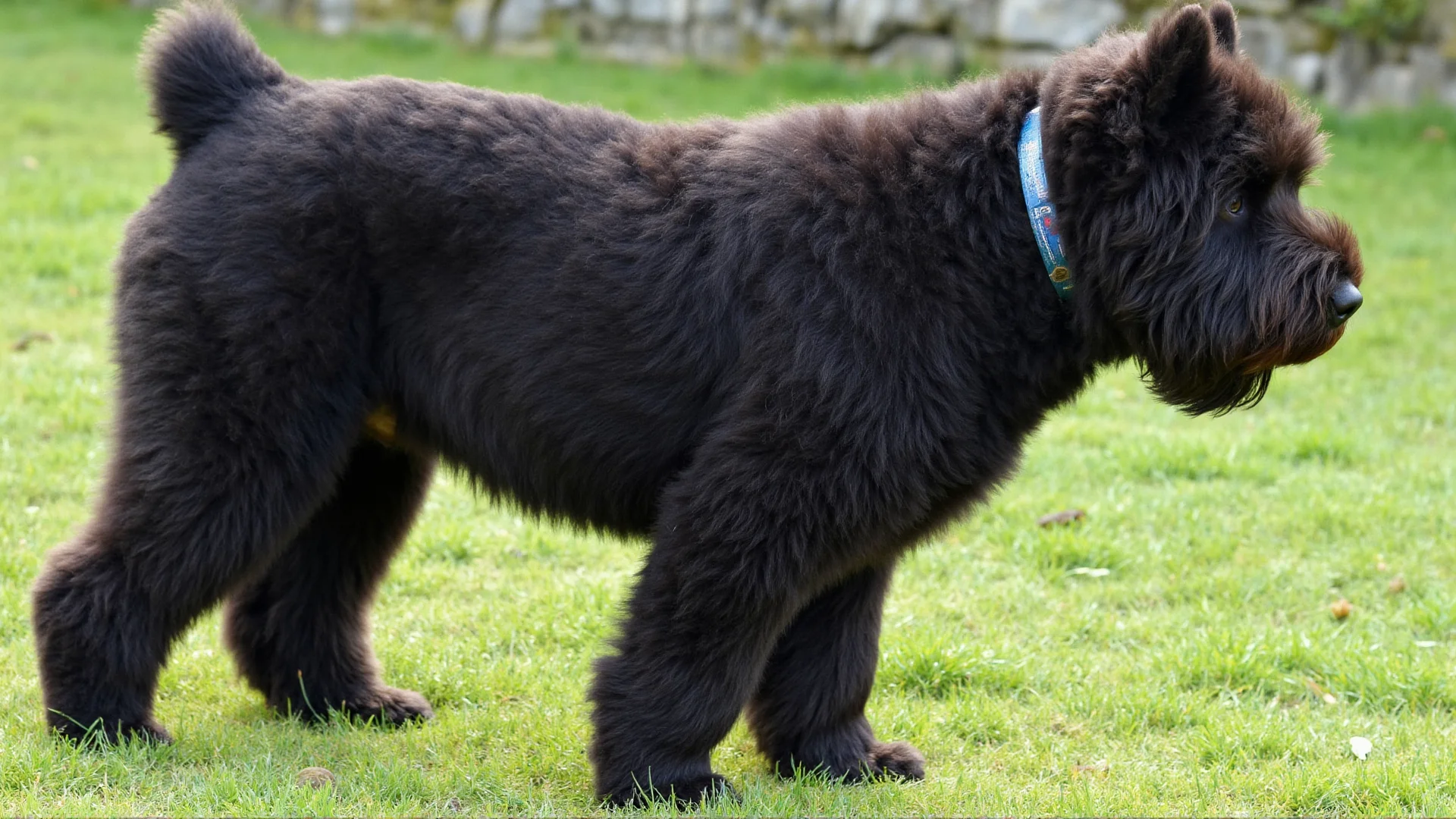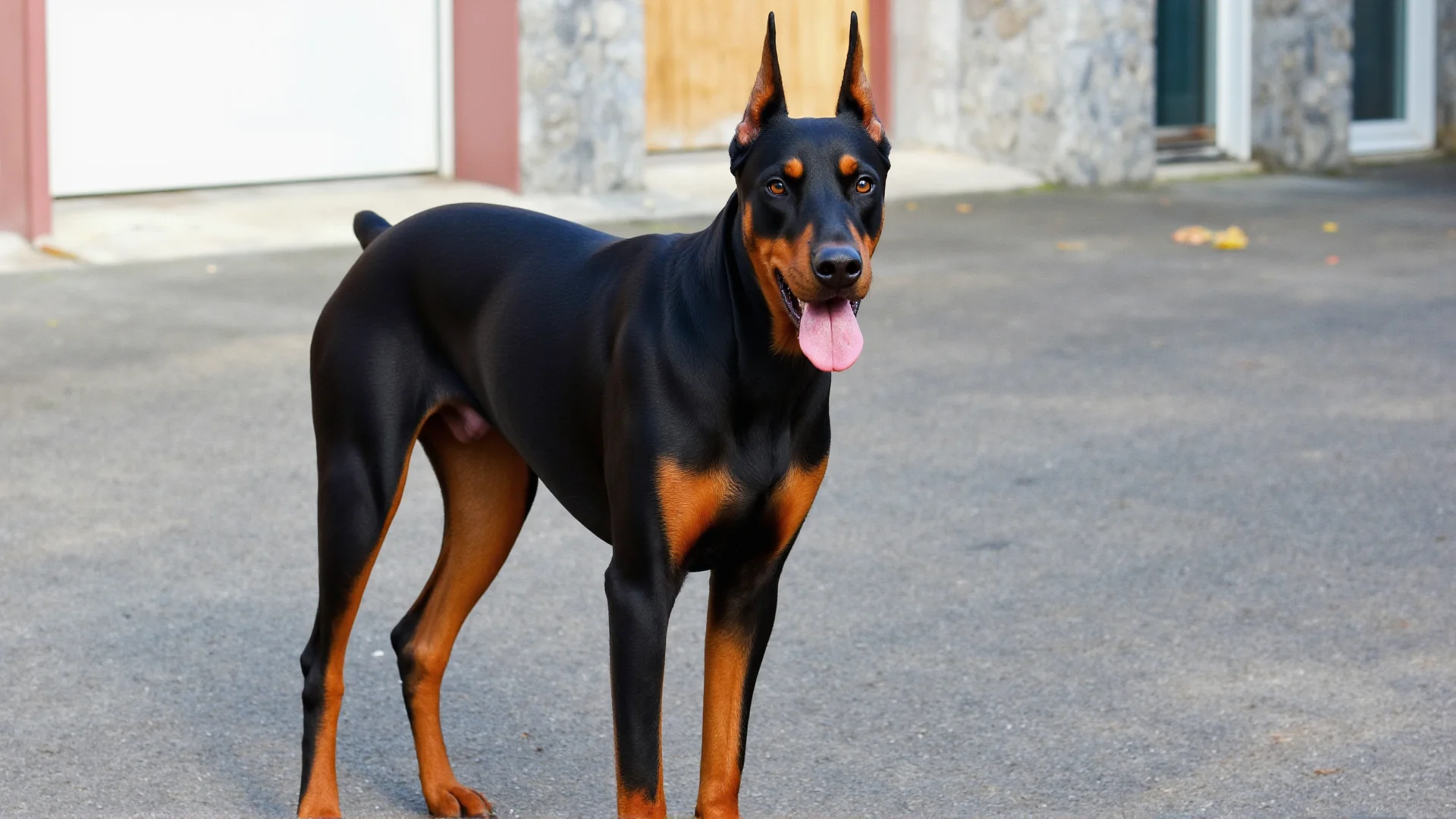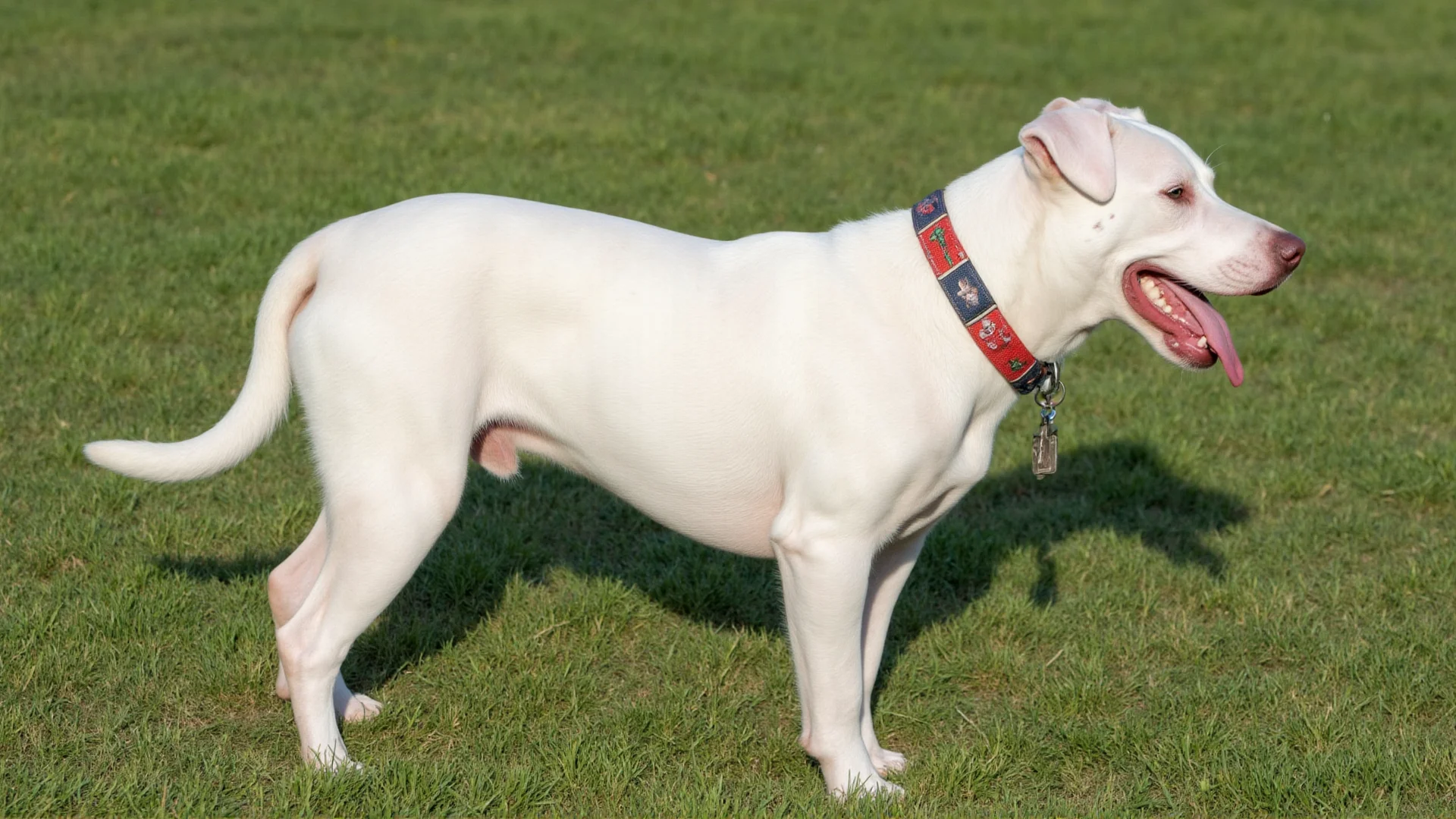Belgian Malinois: The Ultimate Working Dog - Complete Training and Care Guide
The Belgian Malinois stands as one of the most impressive working dog breeds in the world, serving alongside elite military units, police forces, and specialized task forces globally. This comprehensive guide explores everything you need to know about these exceptional canines.
The Elite Working Dog Breed
When Navy SEALs conducted the operation that eliminated Osama bin Laden, a Belgian Malinois named Cairo was right there with them. This single fact speaks volumes about the capabilities and trust placed in this remarkable breed. The Belgian Malinois has earned its reputation as the premier working dog through decades of proven performance in the most demanding situations imaginable.
Originally developed in Belgium in the late 1800s, the Malinois was bred specifically for herding sheep. However, their intelligence, loyalty, and incredible work ethic quickly caught the attention of military and law enforcement agencies worldwide. Today, they serve in roles ranging from explosive detection to search and rescue operations.
Physical Characteristics and Working Capabilities
The Belgian Malinois is a medium-sized dog, typically weighing between 40-80 pounds, with males being larger than females. Their athletic build is perfectly designed for performance work:
- Speed and Agility: Capable of reaching speeds up to 30 mph and jumping over 6-foot walls
- Endurance: Can work for hours without fatigue, making them ideal for extended operations
- Bite Force: Possesses a bite force of approximately 195 PSI, crucial for apprehension work
- Sensory Abilities: Exceptional scenting abilities, making them excellent for detection work
Their double coat provides protection in various weather conditions, while their alert expression and confident stance demonstrate their readiness for action at all times.
Working Roles and Specializations
Military and Special Operations
Belgian Malinois serve with special forces units worldwide, including:
- Parachute operations and helicopter insertions
- Explosive and IED detection
- Patrol and perimeter security
- Tracking and apprehension of high-value targets
Law Enforcement Applications
Police departments increasingly prefer Malinois for K-9 units due to their:
- Superior drug and explosive detection capabilities
- Crowd control and riot response
- Building searches and suspect apprehension
- Evidence recovery and tracking
Specialized Detection Work
Beyond traditional police work, Malinois excel in:
- Airport security and customs operations
- Border patrol and immigration enforcement
- Private security for high-profile individuals
- Search and rescue operations
Training Requirements for Working Dogs
Early Development and Foundation Training
Working dog training begins early, often at 8-12 weeks of age. The foundation includes:
Basic Obedience Mastery
Before any specialized training begins, Malinois must demonstrate perfect obedience:
- Instant recall regardless of distractions
- Precise heel work both on and off-leash
- Extended stays and place commands
- Controlled aggression on command
Environmental Conditioning
Working dogs must be comfortable in any environment:
- Loud noises including gunfire and explosions
- Confined spaces and heights
- Various surfaces and terrains
- Crowded and chaotic situations
Specialized Skill Development
Protection and Apprehension Training
This advanced training develops controlled aggression:
- Bite work with proper technique and release
- Building and vehicle searches
- Suspect tracking and trailing
- Officer protection scenarios
Detection Training Programs
Scent detection training is highly specialized:
- Single or multiple odor detection programs
- Active vs. passive alert training
- Vehicle, building, and open area searches
- Discrimination between target and non-target odors
Physical Conditioning and Fitness
Working Malinois require intensive physical conditioning to maintain peak performance:
Daily Exercise Requirements
- Minimum 2-3 hours of intense exercise daily
- Combination of aerobic and anaerobic activities
- Mental stimulation through training exercises
- Varied terrain and obstacle work
Specialized Fitness Training
- Agility courses for flexibility and coordination
- Swimming for low-impact cardiovascular fitness
- Weight pulling for strength development
- Endurance running for stamina building
Nutrition for Peak Performance
Working Malinois have significantly higher nutritional needs than pet dogs:
High-Performance Diet Requirements
- Protein: 28-32% minimum for muscle maintenance
- Fat: 18-22% for sustained energy
- Calories: 2,500-4,000+ daily depending on work load
- Supplements: Joint support, omega fatty acids, probiotics
Feeding Schedules
Multiple smaller meals prevent bloat and maintain energy:
- 3-4 meals daily for working dogs
- No feeding 2 hours before intense work
- Post-exercise recovery nutrition
- Constant access to fresh water
Health Considerations for Working Dogs
Common Health Issues
Working Malinois face unique health challenges:
- Hip and Elbow Dysplasia: Regular screening essential
- Eye Problems: Progressive retinal atrophy monitoring
- Stress-Related Issues: Gastric problems from high-stress work
- Injury Prevention: Joint and muscle injuries from intense activity
Preventive Care Protocol
- Quarterly veterinary examinations
- Annual orthopedic evaluations
- Regular dental care and cleaning
- Comprehensive blood work panels
Handler-Dog Partnership
The relationship between a Malinois and their handler is crucial for success:
Building Trust and Communication
- Consistent daily interaction and bonding time
- Clear, consistent command structure
- Positive reinforcement training methods
- Understanding individual dog's personality and motivations
Handler Responsibilities
- Ongoing education and training certification
- Daily care and maintenance routines
- Recognizing signs of stress or injury
- Maintaining equipment and gear
Retirement and Life After Service
After 6-8 years of service, working Malinois transition to retirement:
Retirement Considerations
- Gradual reduction in working activities
- Continued mental stimulation needs
- Potential placement with handlers or specialized homes
- Ongoing veterinary care for work-related wear
Why the Belgian Malinois Excels
Several factors make the Belgian Malinois the preferred choice for elite working roles:
- Intense Work Drive: Unmatched desire to work and please
- Quick Learning: Rapid skill acquisition and retention
- Adaptability: Performs well in diverse environments
- Loyalty: Forms strong bonds with handlers
- Physical Capability: Athletic ability for demanding tasks
